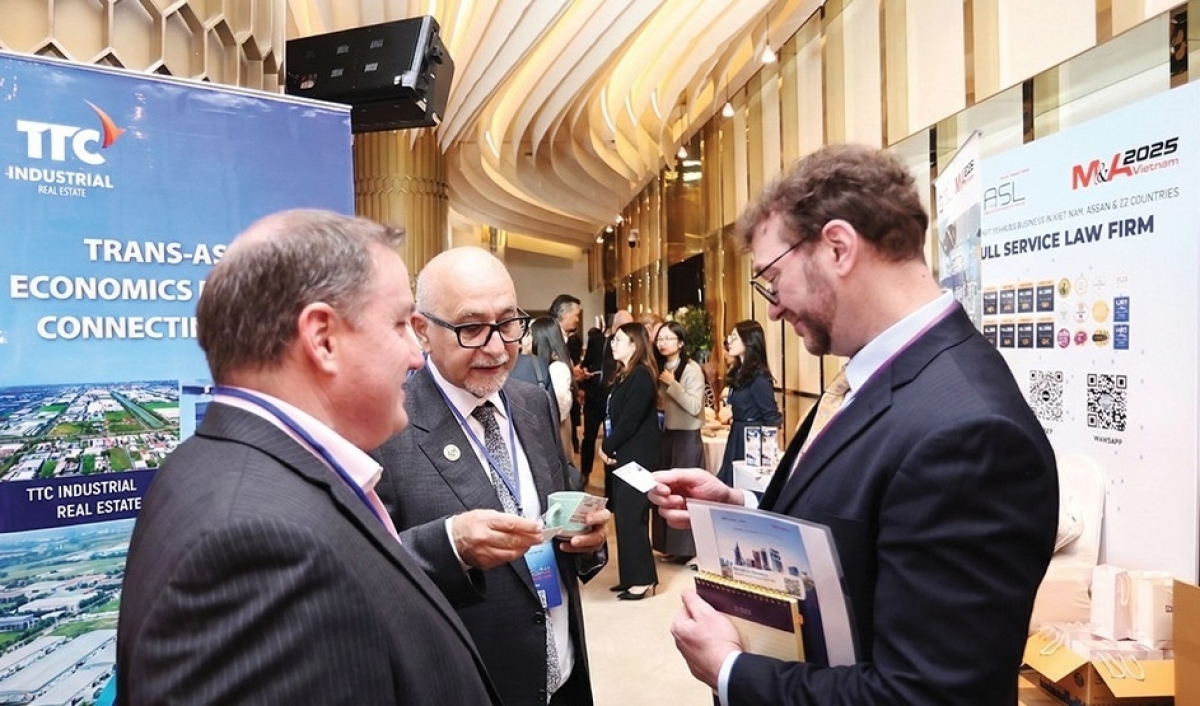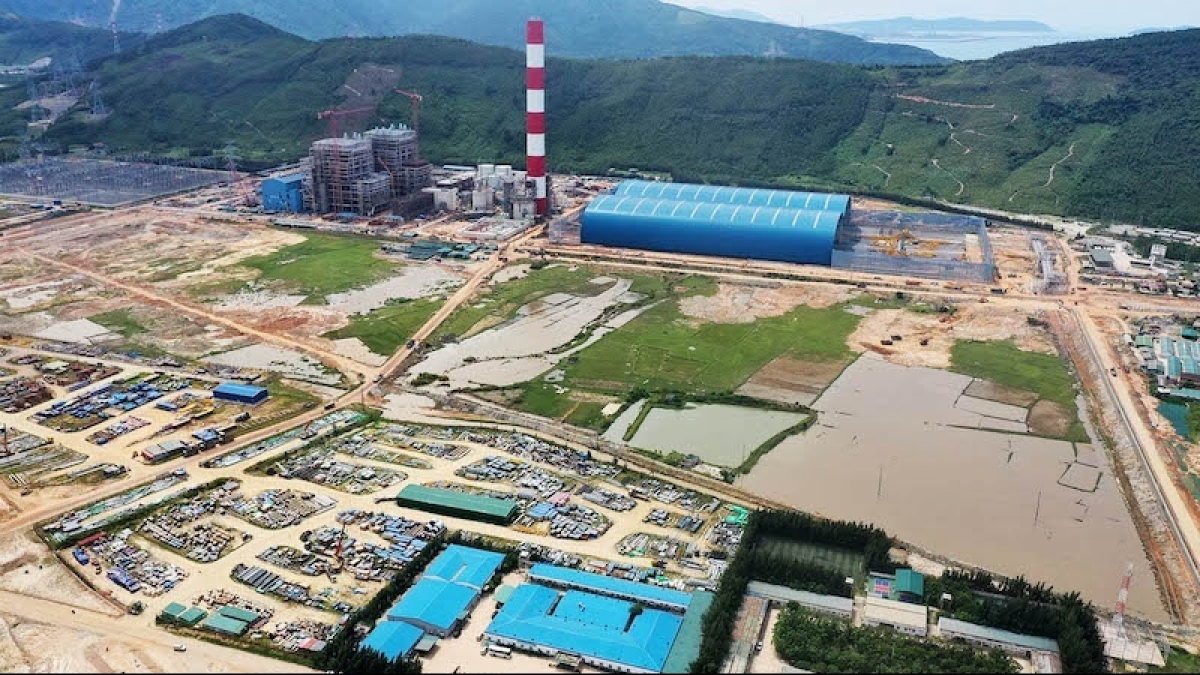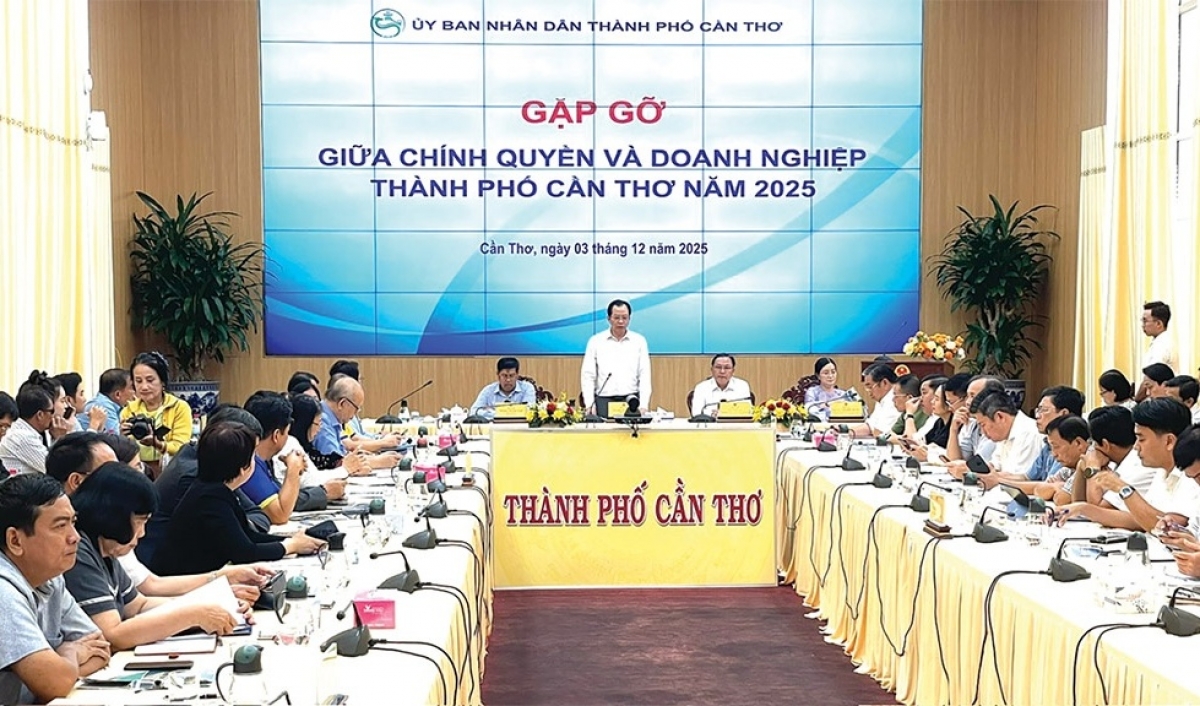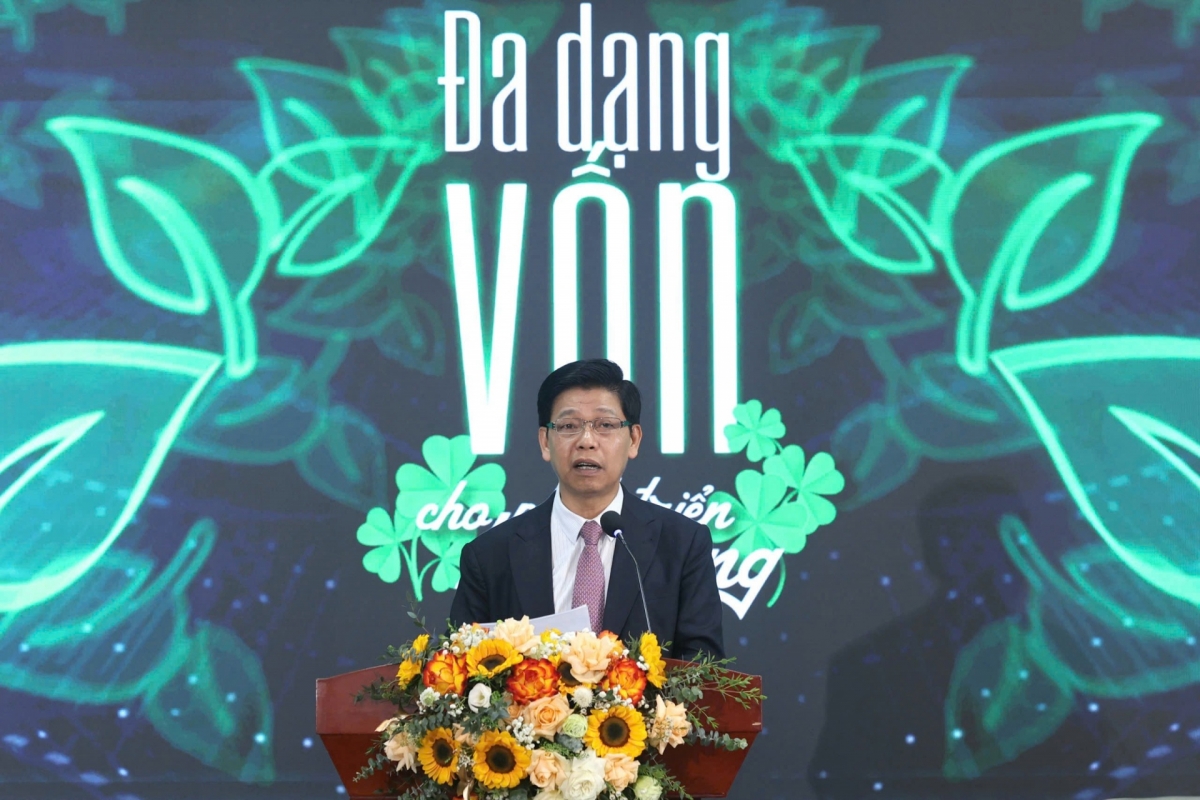INTERNATIONAL INVESTMENT
AND PORTAL
 Michael Chiu, chairman, Hong Kong Business Association in Vietnam
Michael Chiu, chairman, Hong Kong Business Association in Vietnam
High among them has been Hong Kong’s technical and know-how support for the development of Vietnam’s financial markets. Recently, several significant conferences have been held to assess the progress and plan the next steps for one of the potentially most significant steps in the development of Vietnam’s capital markets: the establishment of international financial centres (IFCs) in Ho Chi Minh City and Danang.
The idea of an IFC has been around for a long time. Several actions have followed at various levels to implement the idea, and each step has seen direct or indirect interest from the Hong Kong’s financial sector.
As Vietnam moves forward with its vision to establish Ho Chi Minh City as an IFC, there is much to learn from Hong Kong. Recognised as one of the world’s premier global financial markets, Hong Kong has cultivated a robust capital market superstructure that enables local and foreign businesses to raise funds efficiently and compete globally.
Vietnam can take away valuable lessons from Hong Kong’s experience, particularly in three fundamental areas that enabled its rise. One of the first foundations of Hong Kong’s success lies in its well-established legal and regulatory environment. Rooted in common law, its transparent and independent judiciary instils confidence in market participants.
Its regulatory bodies, such as the Securities and Futures Commission and the Hong Kong Monetary Authority (HKMA), together with the Independent Commission Against Corruption, operate with autonomy and professionalism, ensuring a level playing field, investor protection, and minimal corruption.
To replicate this environment, Vietnam should continue its reforms towards strengthening its legal infrastructure for financial markets, emphasising regulatory consistency, transparent dispute resolution, and investor protections.
Establishing an autonomous financial regulatory body dedicated to facilitating capital markets in Ho Chi Minh City and Danang could offer the stability and confidence investors seek. Meanwhile, Vietnamese financial service sector professionals should take advantage of the recent liberalisation of the visa process in Hong Kong for trainees and professionals to get direct work experience there.
Secondly, Hong Kong’s stock exchange, HKEX, is among the largest in the world by market capitalisation, and it is popular for initial public offerings, especially from mainland China and Southeast Asia. What distinguishes the HKEX is its multi-currency clearing systems, open capital flows, and the ability to accommodate both traditional and emerging financial instruments – from equities to green bonds and digital assets.
The HKEX has also pioneered connect programmes to facilitate cross-border access between mainland China and global investors. These mechanisms enhance liquidity, market depth, and regional financial integration. This kind of initiative, especially in the context of an IFC in Vietnam, could allow a channel for partnering Vietnam’s capital markets with the HKEX’s.
Hong Kong can provide still more opportunities for cooperation with Vietnam by deepening the liquidity pool through mechanisms such as dual listings, encouraging long-term institutional investors, and enhancing trading, clearing and custodial infrastructure. Strategic partnerships with regional exchanges, such as those in Singapore, Shanghai, and Tokyo, can also facilitate knowledge transfer and cross-listings, boosting Ho Chi Minh City’s visibility.
Thirdly, Hong Kong has positioned itself as a fintech leader in Asia, and it can feed some of Vietnam’s hunger to learn more for its burgeoning Fintech sector. The HKMA launched the Fintech 2025 strategy, encouraging banks to adopt comprehensive digital strategies while creating infrastructure such as a faster payment system and fintech supervisory sandbox. In addition, initiatives like the InnoHK research clusters encourage research and development in AI, blockchain, and green finance. Each of these may be of interest to Ho Chi Minh City as it develops its own IFC.
To take advantage of these opportunities, Ho Chi Minh City should continue to support the development of the digital economy, leveraging its young and tech-savvy population, creating a regulatory sandbox to allow for experimentation with new technologies, encouraging digital payment systems, and offering guarantees or co-investment schemes for startups and small and medium-sized enterprises can accelerate innovation.
Vietnam’s strong economic growth trajectory, young demographics, and increasing integration into regional and global trade provide a strong foundation for Ho Chi Minh City’s IFC initiative. However, reaching such a status will require more than just infrastructure – it will demand long-term policy coherence, legal certainty, and reliable dispute resolution mechanisms.
Finding its own niche in a world of competing financial centres is not easy in a rapidly changing environment, but Vietnam has certain areas in which it is strongest and where Hong Kong might be able to help it to succeed most effectively, such as agricultural trade finance in the Mekong Delta, domestic futures markets, and infrastructure funds.
Taking advantage of the Hong Kong model – including its rule-based environment, diversified financial offerings, and commitment to innovation – Vietnam can craft a localised roadmap that respects its unique advantages while continuing its climb up the rankings for global securities markets.
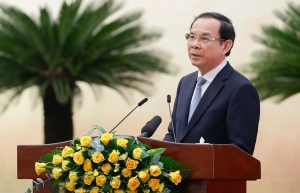 Ho Chi Minh City and Danang ready to build financial centres
Ho Chi Minh City and Danang ready to build financial centres
Ho Chi Minh City City and Danang are ready for the construction of new regional and international financial centres in Vietnam, according to city leaders at the announcement ceremony of the government’s resolution on developing regional and international financial centres in Vietnam, held ịn Ho Chi Minh City on January 4.
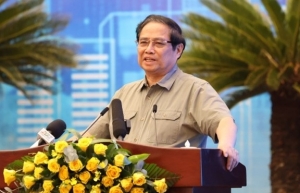 Vietnam to develop first financial centres
Vietnam to develop first financial centres
Vietnam has the necessary elements and conditions to develop an international and regional financial centre, Prime Minister Pham Minh Chinh said on January 4.
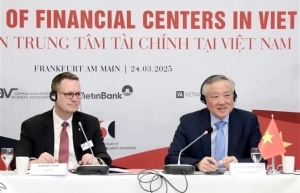 Deputy PM discusses financial centre development with ECB
Deputy PM discusses financial centre development with ECB
With the country’s National Assembly expected to issue a resolution this year on the establishment of international financial centres, Binh said the Vietnamese Government hopes to obtain the ECB’s advice in shaping policies for financial regulation, investment attraction, risk management, and anti-money laundering efforts.
 Financial centres will ensure new standards
Financial centres will ensure new standards
International trade, green finance, and digital assets are key points for Vietnam to increase its competitive advantage on the path to building its first international financial centres.


